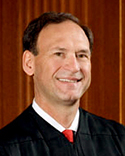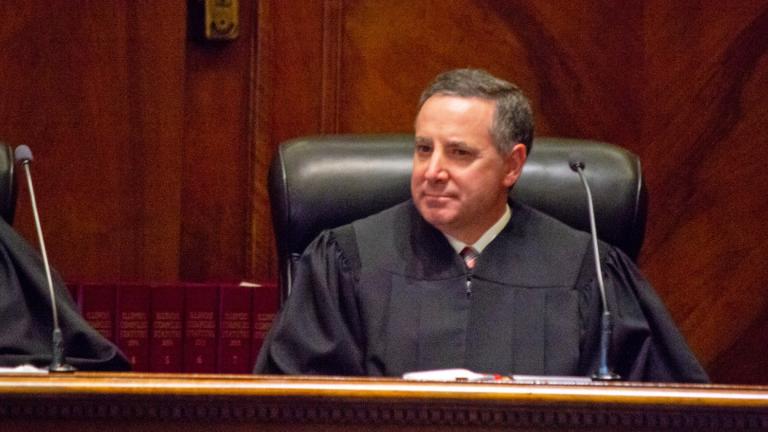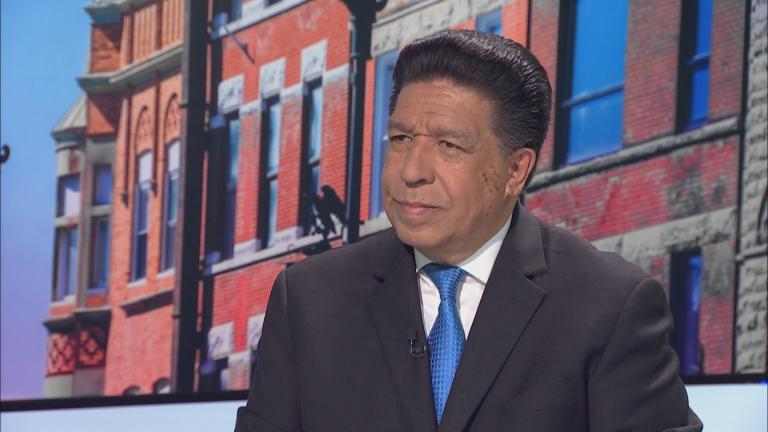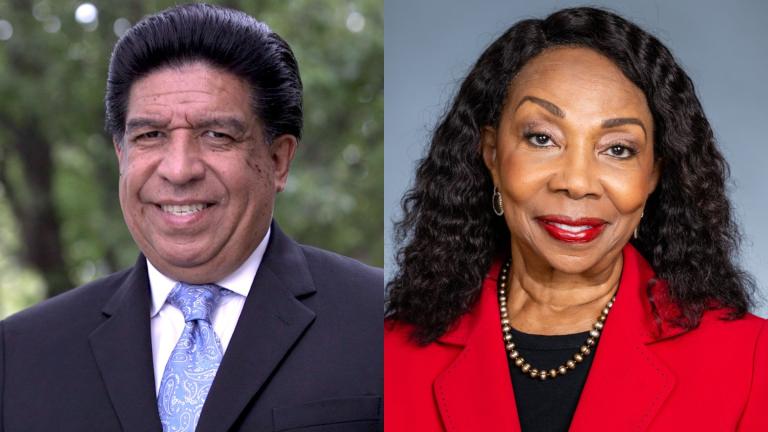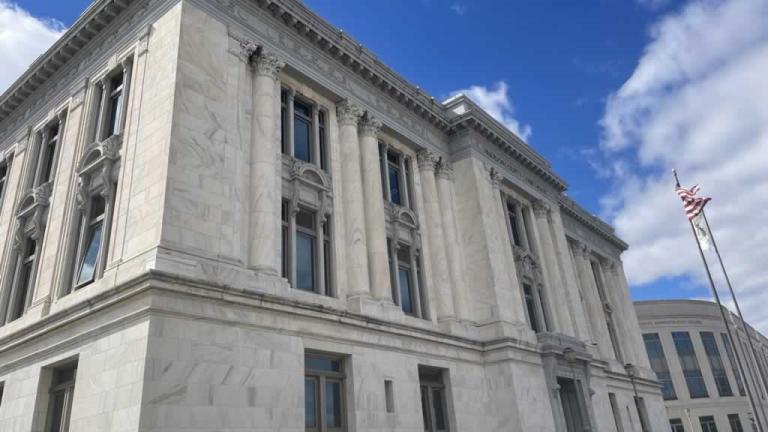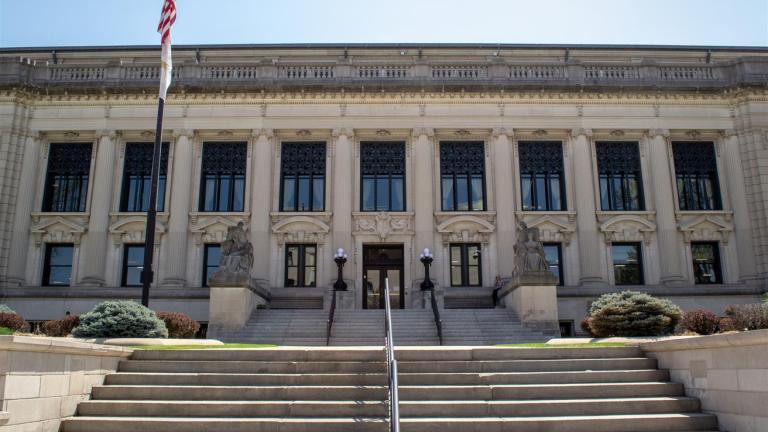In its last major decisions of the term, the Supreme Court has handed down two 5-4 decisions. Carol Marin and her panel of constitutional experts debate the decisions.
Conservatives across the country and in Chicago are celebrating. In a 5-4 decision, the Supreme Court has sided with Hobby Lobby saying that closely-owned family companies do not have to provide insurance coverage for certain contraceptives under the Affordable Care Act.
Hobby Lobby claimed that four kinds of contraceptives including the day-after pill violated the owners Christian beliefs. The Court agreed saying corporations have religious freedom protection. Justice Samuel Alito wrote the following in the majority decision:
"The companies in the cases before us are closely held corporations, each owned and controlled by members of a single family, and no one has disputed the sincerity of their religious beliefs...
Protecting the free-exercise rights of closely held corporations thus protects the religious liberty of the humans who own and control them....
As applied to closely held corporations, the HHS regulations imposing the contraceptive mandate violate(s) [the] Religious Freedom Restoration Act."
And in a scathing dissent, Justice Ruth Bader Ginsburg wrote:
“In a decision of startling breadth, the Court holds that commercial enterprises, including corporations… can opt out of any law (saving only tax laws) they judge incompatible with their sincerely held religious beliefs.
The Court, I fear has ventured into a minefield, by its immoderate reading of the Religious Freedom Restoration Act.
Should an employee of Hobby Lobby or Conestoga share the religious beliefs of the Greens and Hahns, she is of course under no compulsion to use the contraceptives in question."
See how the Supreme Court justices voted.
In another 5-4 vote, the Supreme Court has struck a blow to unions with its decision that home health care workers in Illinois who are paid by the state are not compelled to pay union dues because they are not full-fledged goverment employees.
See how the Supreme Court justices voted below.
--Xueying Chen and Kristen Thometz contributed to this report.

